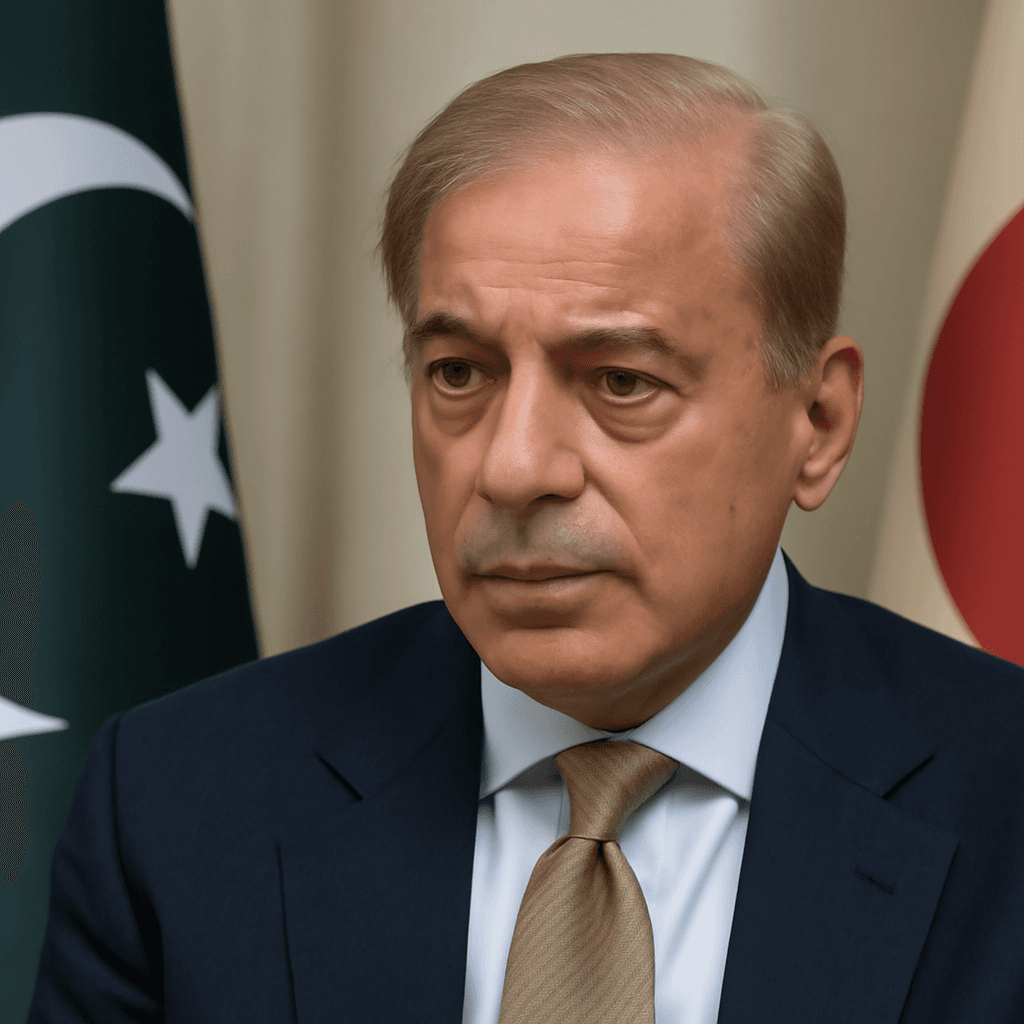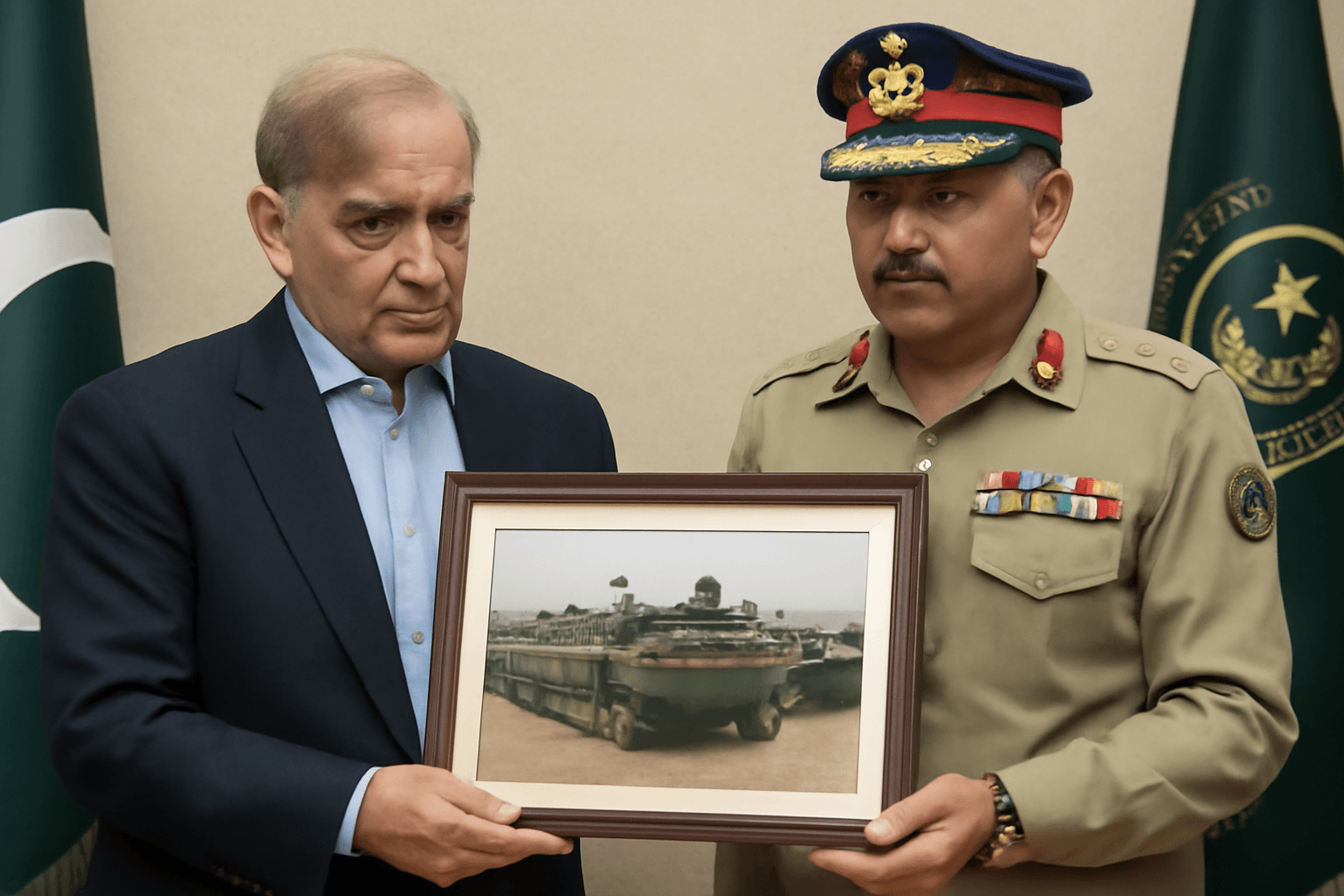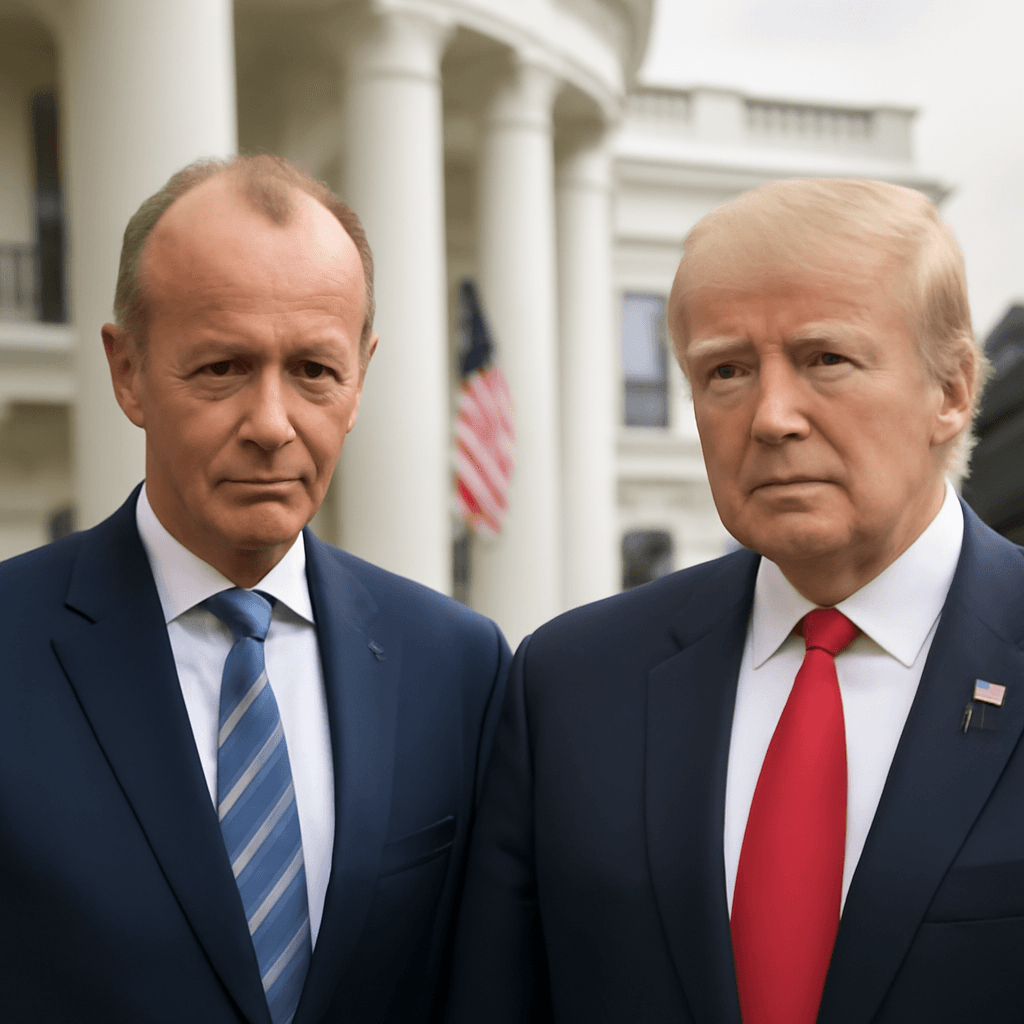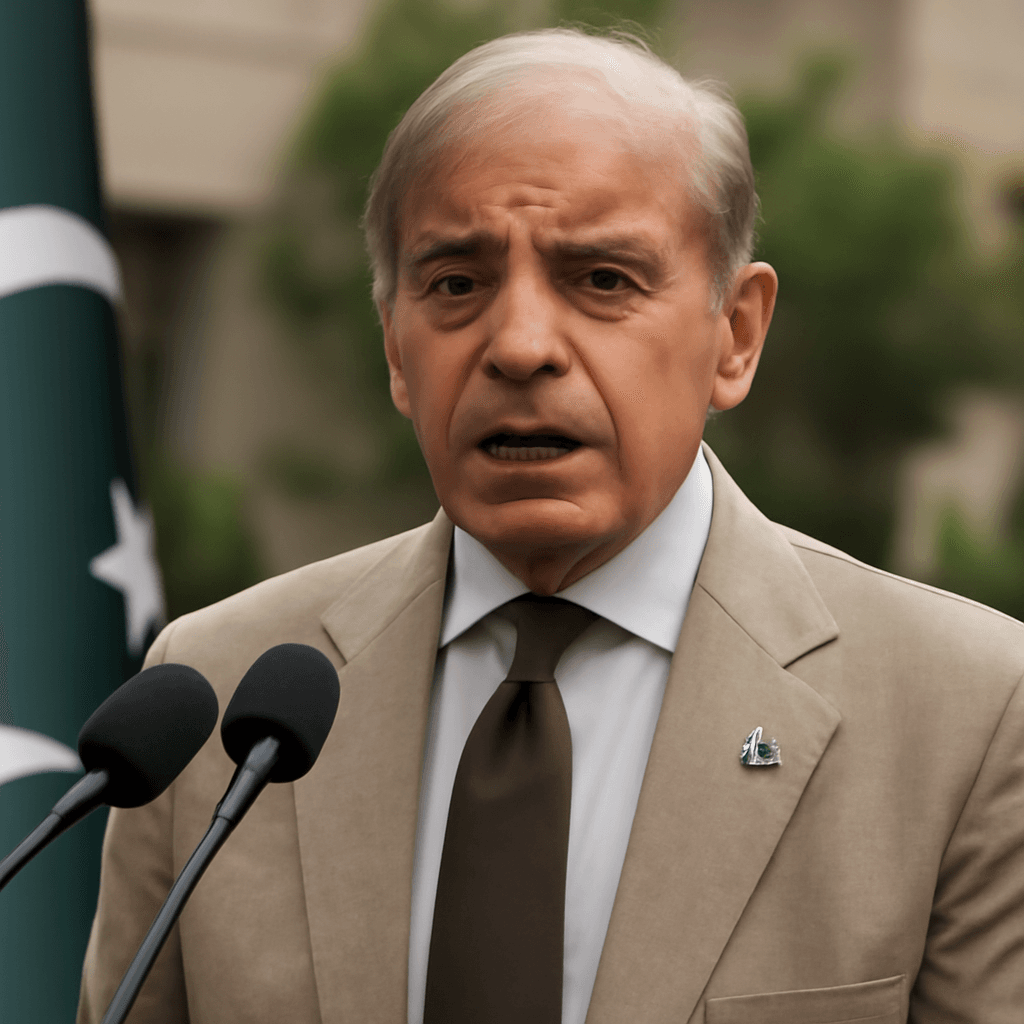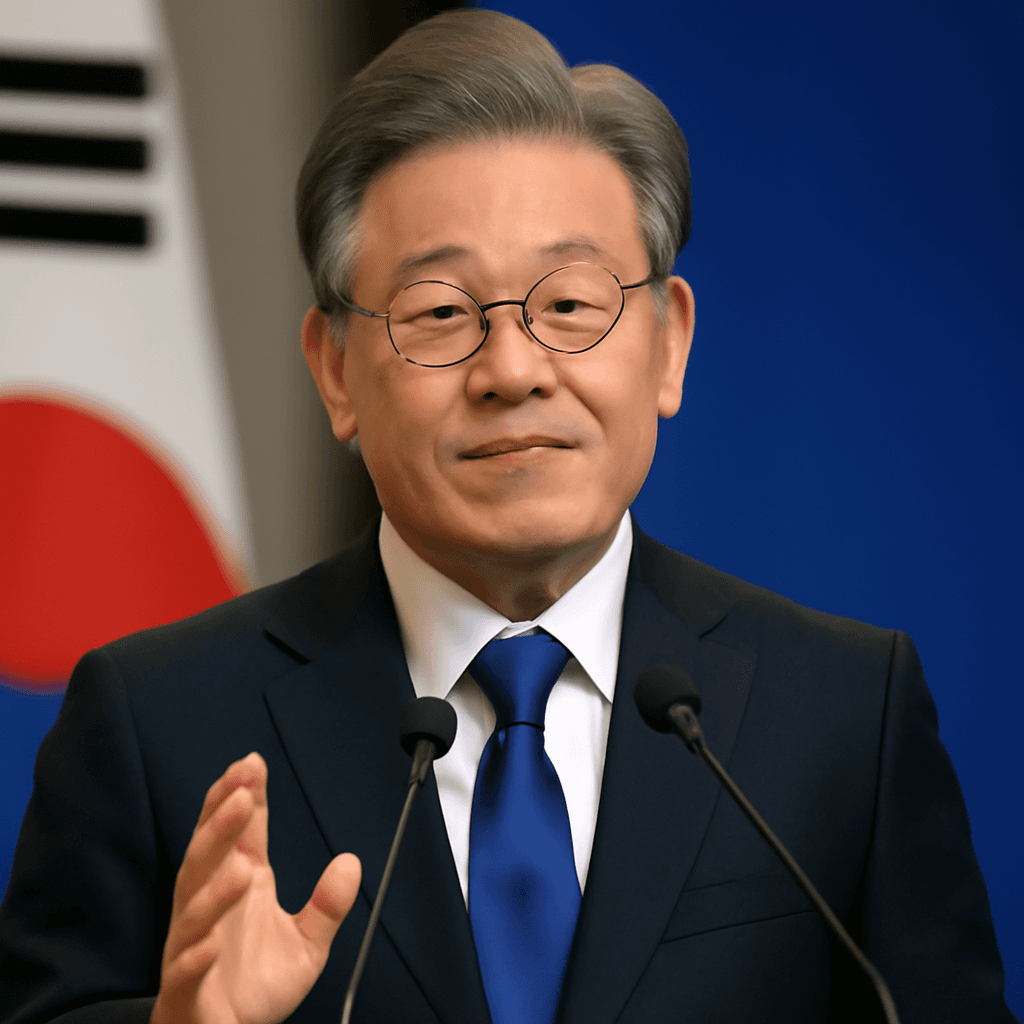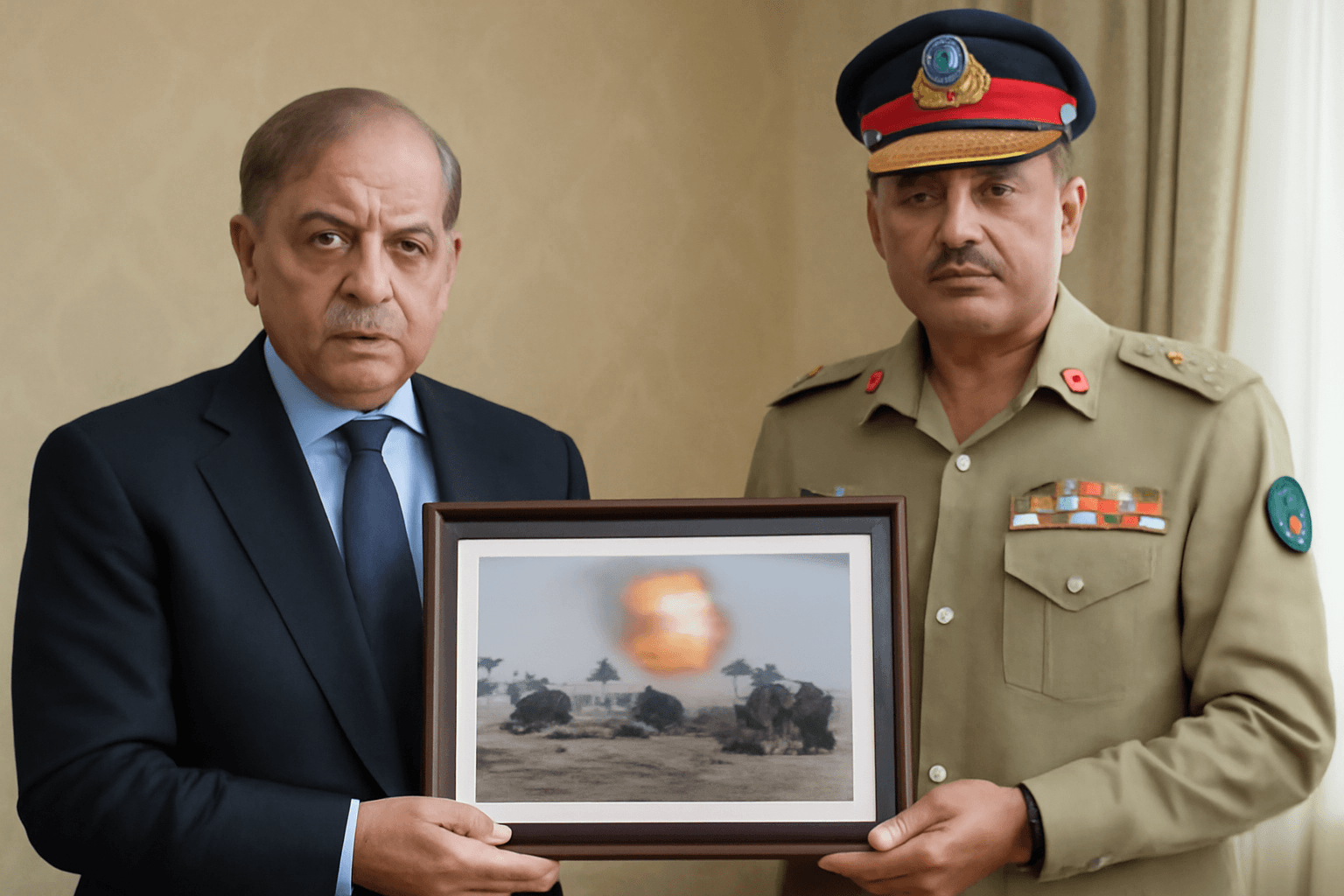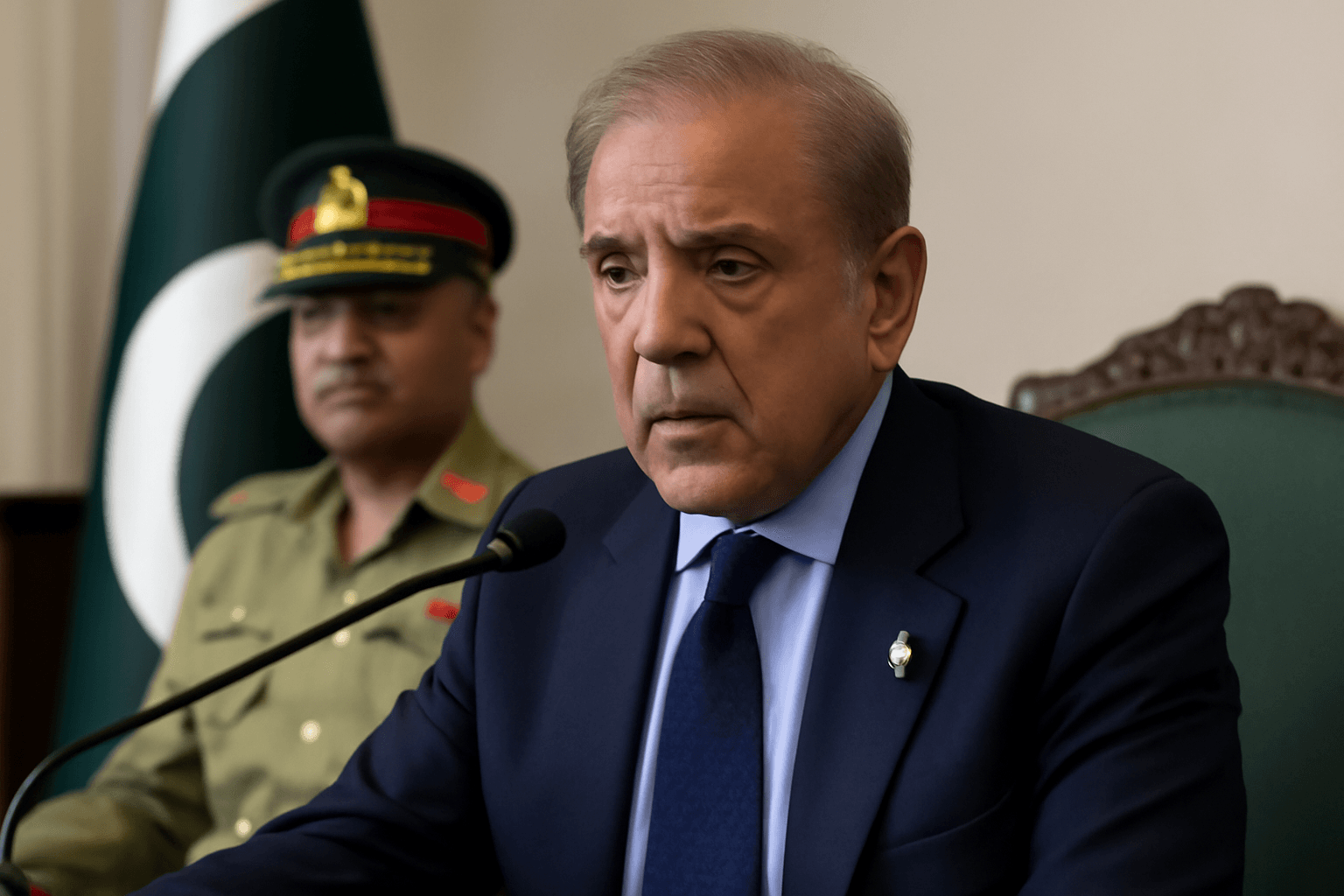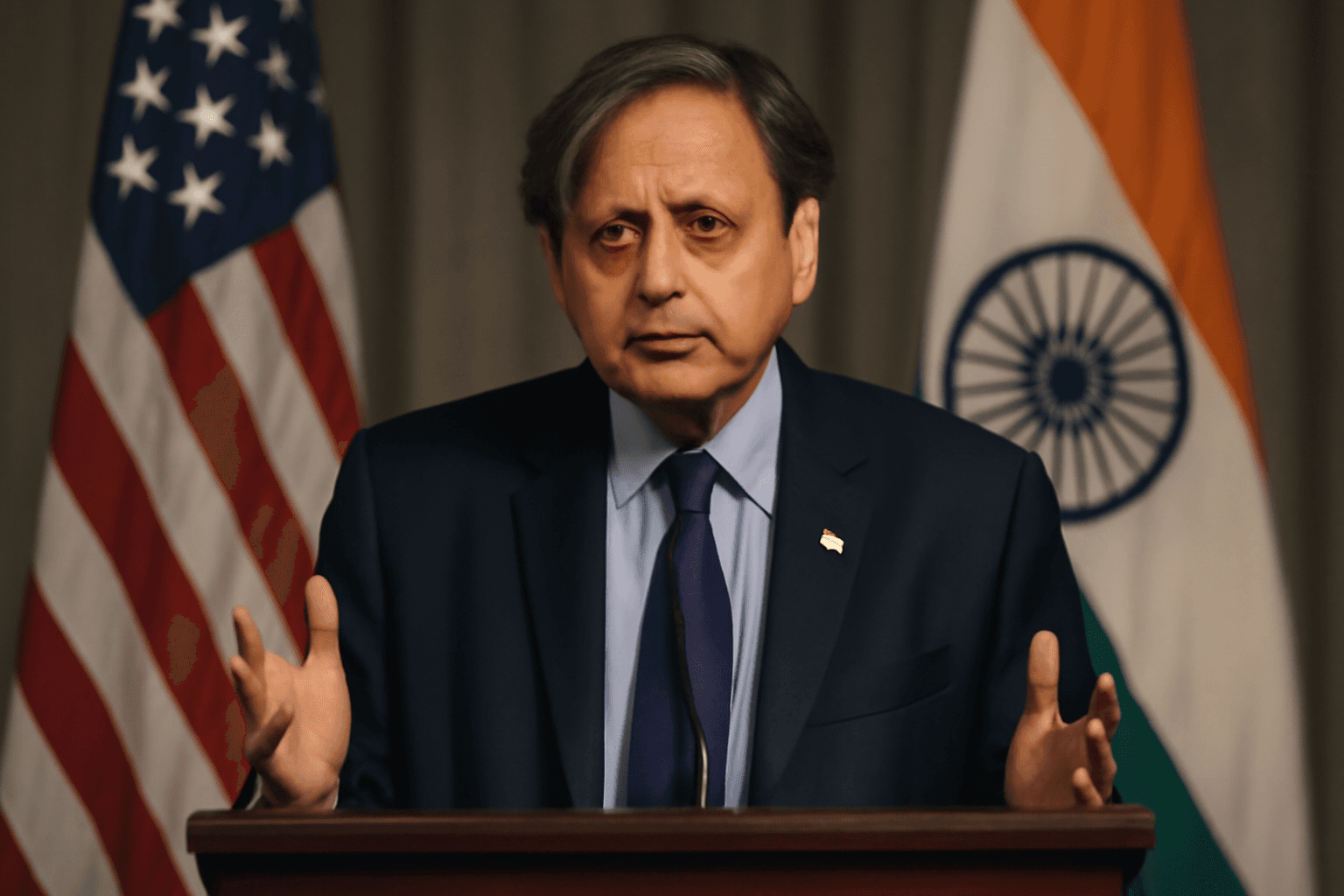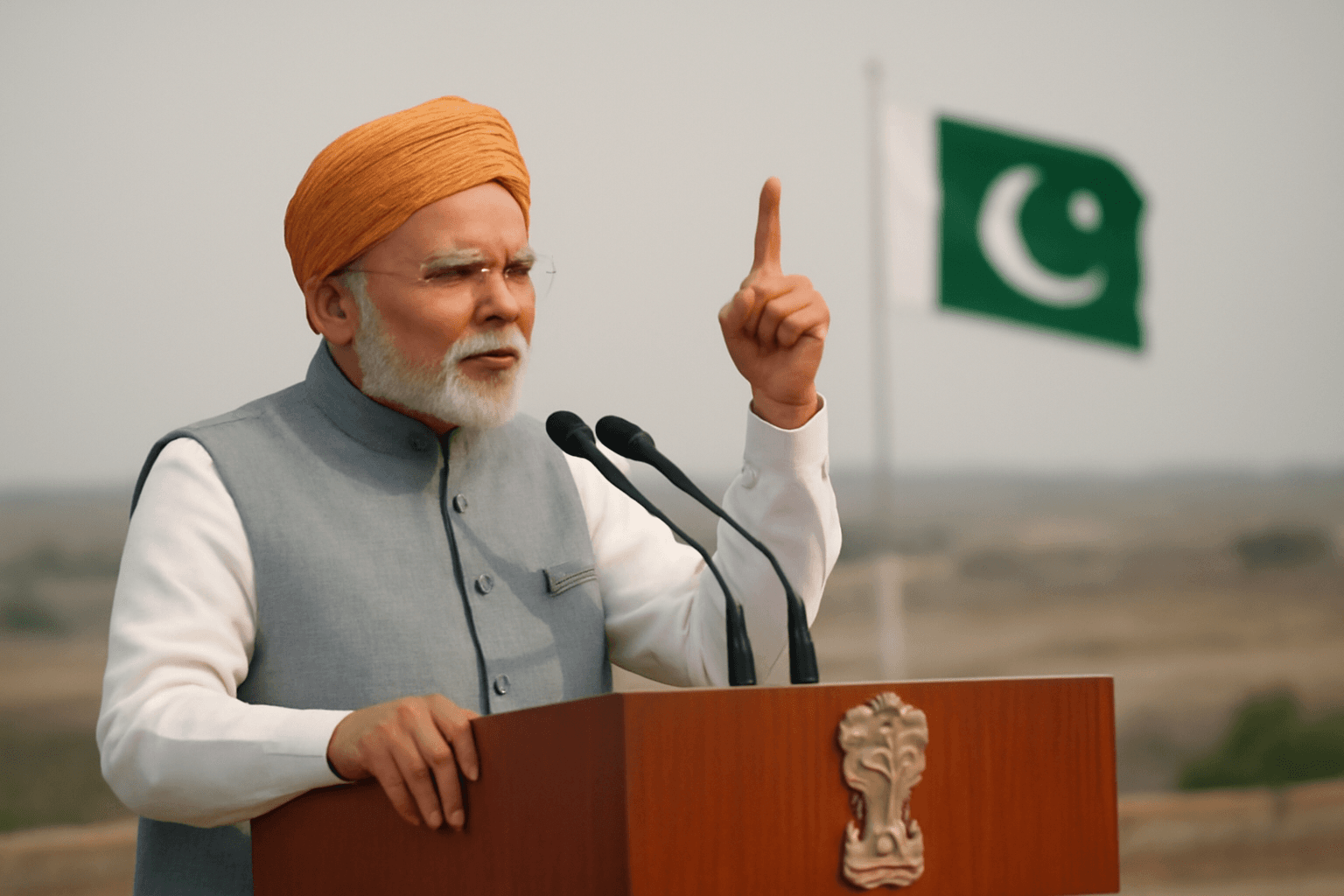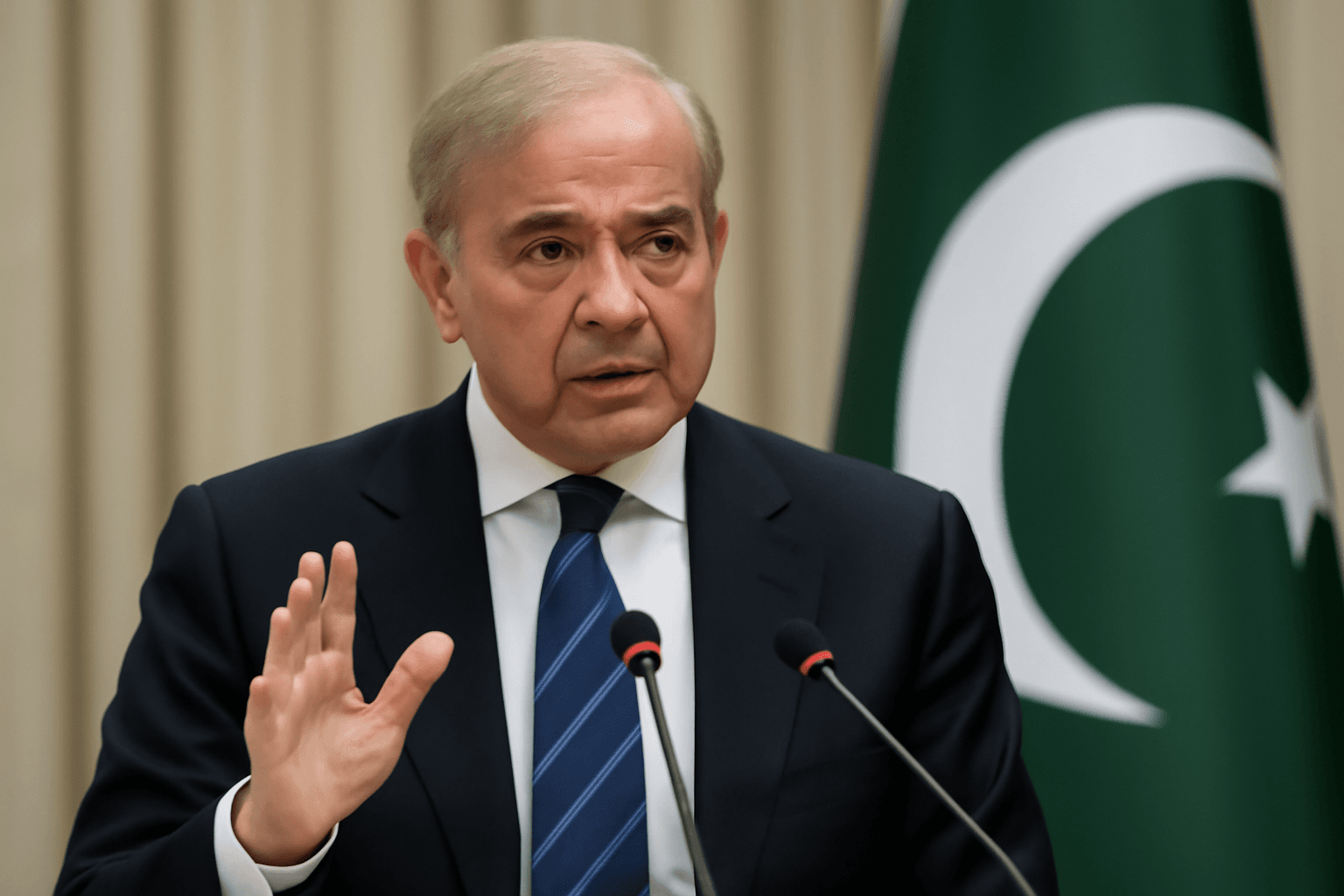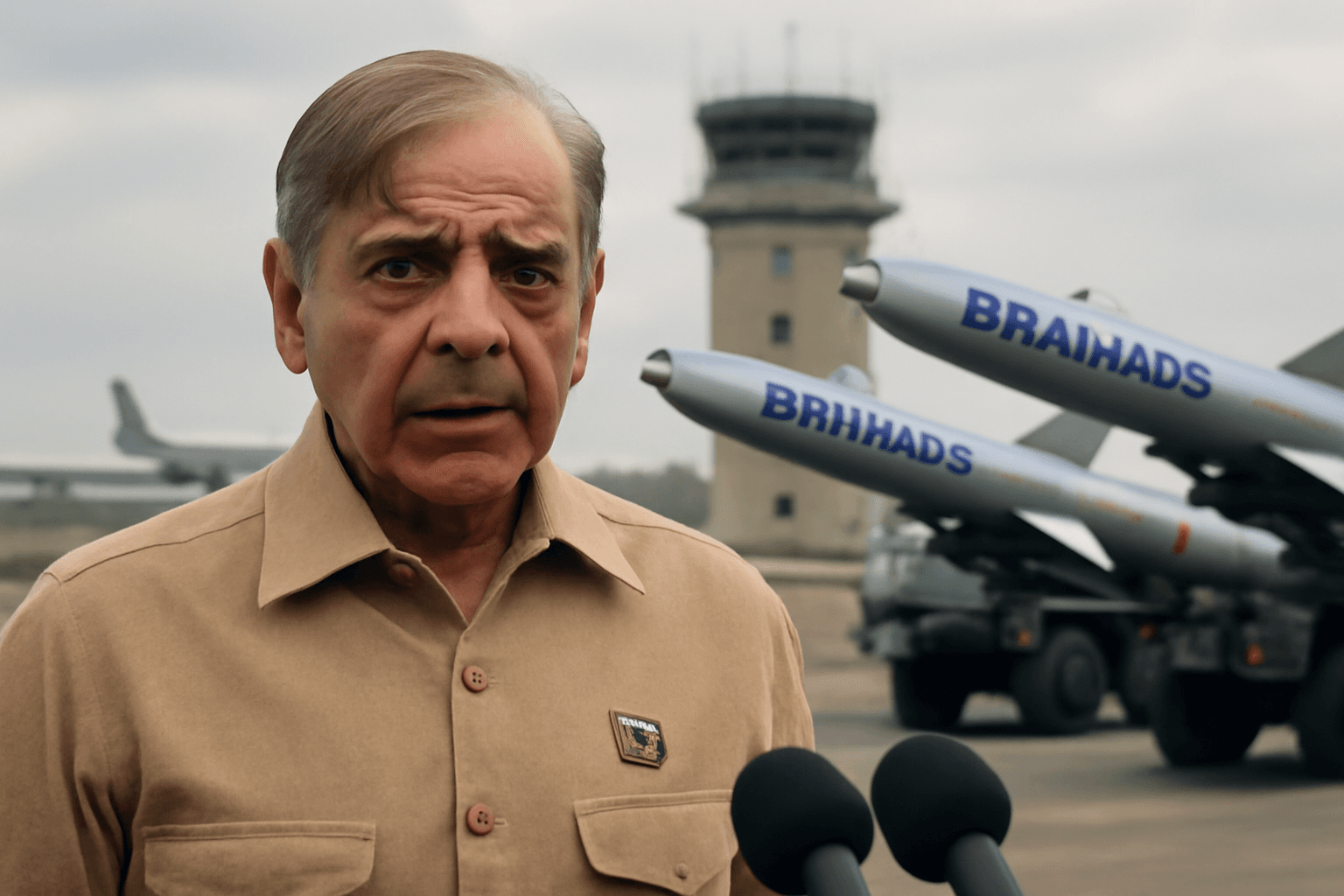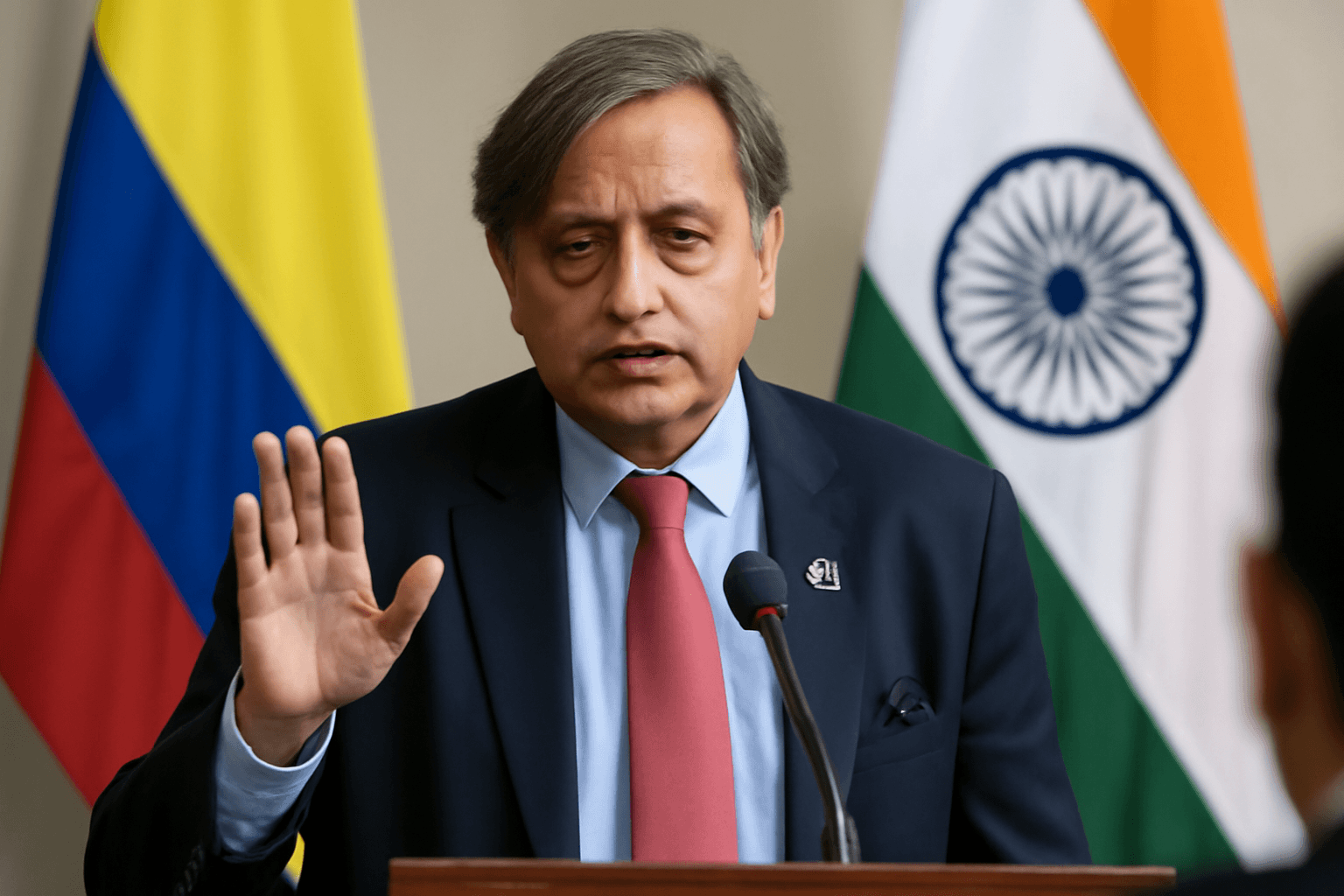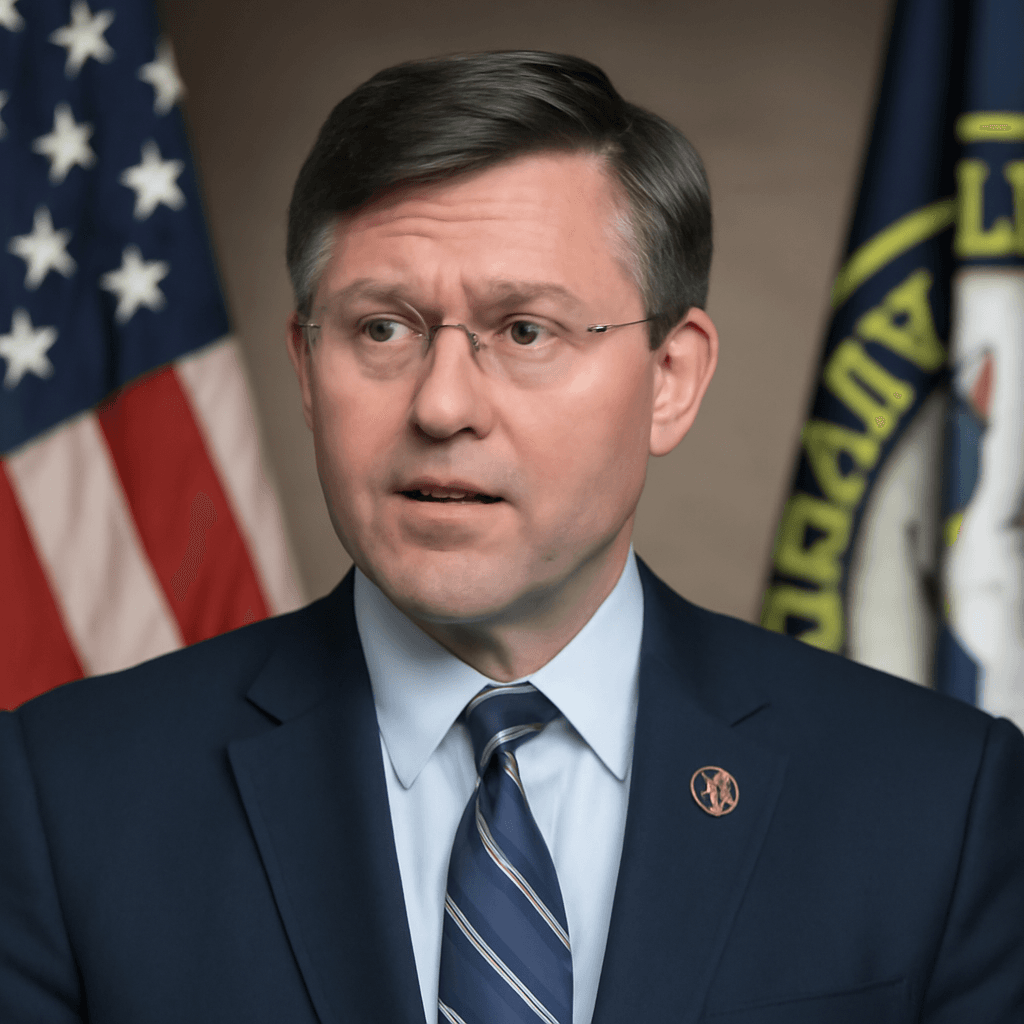Pakistan's Strengthening Alliances and Strategic Outlook
Prime Minister Shehbaz Sharif recently addressed military officers in Quetta, Balochistan, emphasizing the evolving dynamics of Pakistan's foreign relations. He highlighted that key allies such as China, Azerbaijan, Saudi Arabia, the UAE, Turkey, and Qatar no longer view Pakistan as a nation seeking charity but as an equal partner engaged in mutual trade, innovation, and development.
Sharif stated: "They expect us now to engage them in trade, commerce, innovation, research and development, education and health, investments, and profitable ventures mutually. They no longer expect us to go there with a begging bowl." He also underscored Pakistan’s abundant natural and human resources as critical assets for economic progress.
Military Leadership and Responsibilities
During the address, the Prime Minister mentioned the newly appointed Field Marshal Asim Munir, vowing that he and Field Marshal Munir would be the last to bear certain heavy responsibilities on Pakistan’s behalf. This reflects a resolve within Pakistan’s military leadership to navigate the country through complex regional challenges.
Regional Support Amid Tensions: Operation Sindoor
Pakistan’s military efforts, including Operation Sindoor—which witnessed support from Turkey and Azerbaijan—ceased following a ceasefire declared on May 10. The operation marked a delicate phase during heightened tensions with India.
Admission of Vulnerabilities during Recent Indian Strikes
Prime Minister Sharif openly acknowledged the impact of recent Indian missile attacks on Pakistani airfields, including the Nur Khan Airbase and the Rawalpindi airport. Referring to the events between May 9-10, he admitted that Pakistani defenses were caught off guard despite the armed forces’ readiness to respond early morning after Fajr prayers.
He narrated how, at 2:30 AM on May 10, he was informed by the Chief of Army Staff, General Syed Asim Munir, about the missile strikes initiated by India. The attacks included advanced BrahMos missiles, which targeted various provinces within Pakistan, intensifying the conflict during that period.
Economic Context and IMF Loan Proposal
Amid these geopolitical developments, Pakistan continues grappling with a sustained economic crisis. Recently, the International Monetary Fund proposed a fresh loan of $2.3 billion to support Pakistan’s economy. However, this proposal faced opposition from India, which raised concerns about potential misuse of funds for sponsoring cross-border terrorism. Pakistan has a long-standing history of engaging with the IMF, dating back to 1958.
Conclusion
Prime Minister Shehbaz Sharif’s remarks paint a picture of a nation striving to transition from dependency towards a role defined by partnership, self-reliance, and strategic resilience. Enhanced diplomatic relations, military recalibrations, and economic negotiations remain central to Pakistan’s national agenda as it navigates volatile regional circumstances.

